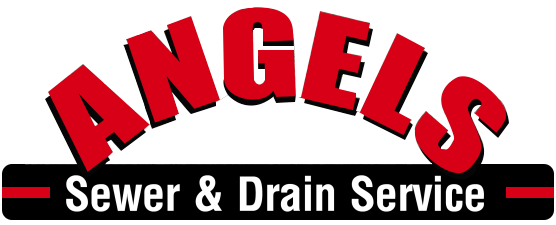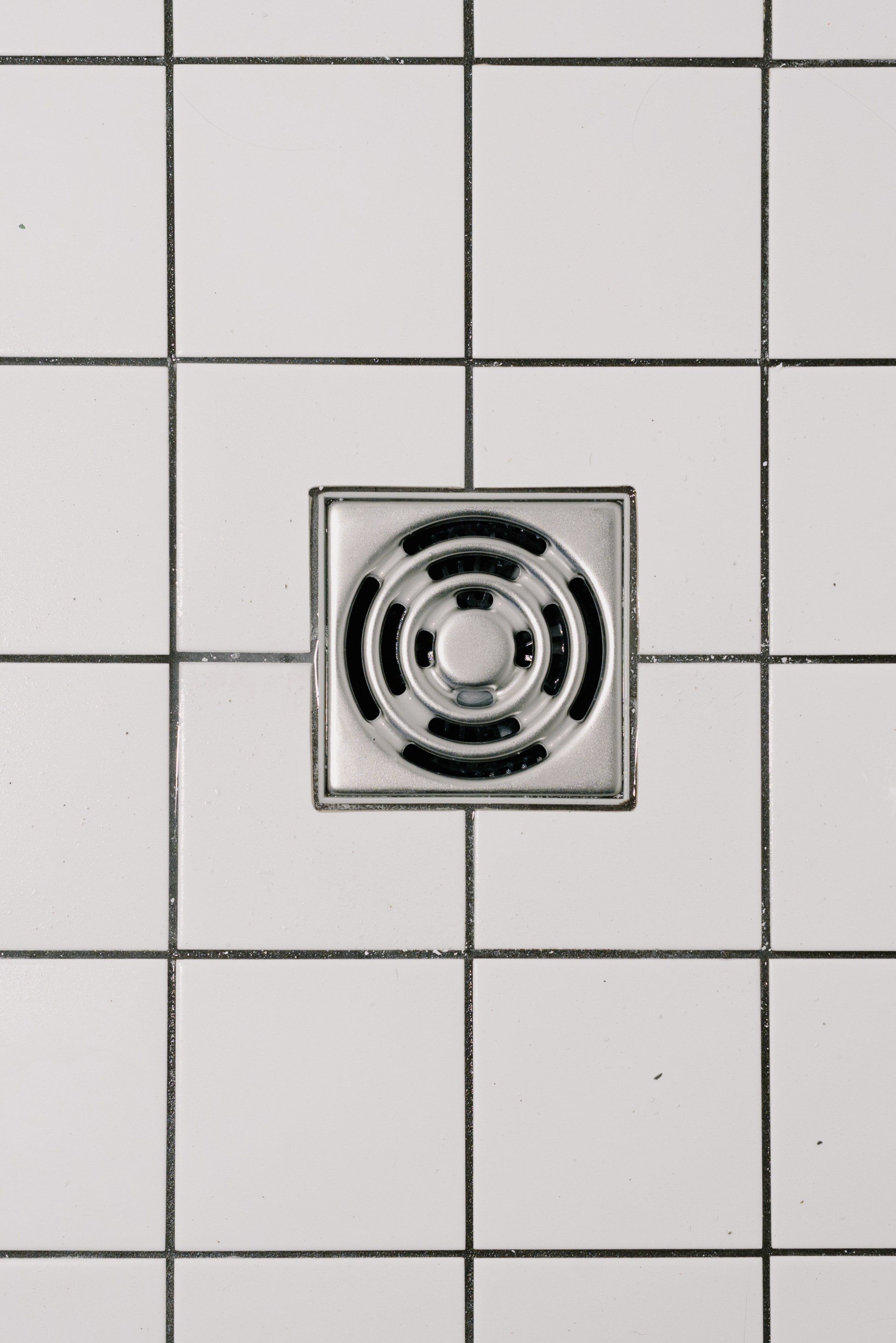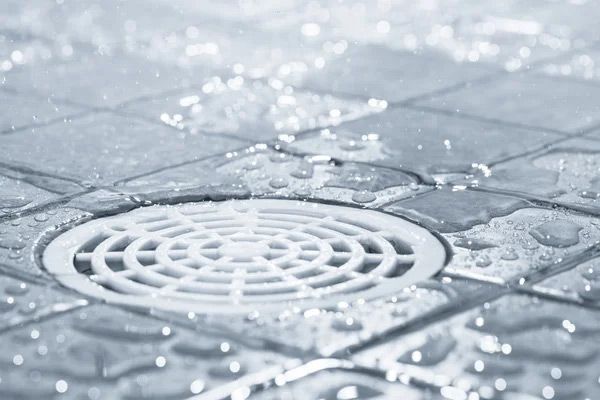Floor Drains
• License - Fully Bonded & Insured
Floor drains are fairly unique drains, in that they do not always connect to a fixture, such as a sink, or tub. This uniqueness does require some additional attention that other drains do not. Be that as it may, they must still adhere to the same rules as other drains – meaning, they must have a trap (with some exception), the line must have proper venting (again, with some exception), the same slope angles must be observed, etc.
In this article we will be taking a look at the different types of floor drains, and how the rules apply to them differently.
The Different Types of Floor Drains
There are several different types of floor drains, and each one must be treated differently. This is so that they are not only safe, but can continue to function properly for years to come. We will start by breaking them down into two sections: Waste Water, and Ground Water.
Waste Water Floor Drains
These are drains that are connected to the wastewater system – meaning the sewer system. They are usually indoors, but they are sometimes found outdoors. Since they are connected to the sewer system, they must be trapped and vented. In situations where they may not get enough use to replenish the water in the trap often enough to keep up with evaporation, fixtures must be installed (called trap primers) that regularly flow fresh water to the trap. This is most common in bathrooms, but may be necessary for janitorial closets, as well as other applications.
Usually, a trap primer is connected to a fixture water line, so that it detects the pressure drop from using the fixture, and flows a small amount of water to the floor drain trap. A malfunctioning trap primer can cause problems like a persistent sewer smell coming directly from the drain. There are also cases where flushing a toilet, would cause water to splash up out of the floor drain.
Other types of floor drains that receive regular water, may not need a trap primer. The shower drain in your home is an example. Since they regularly get used, the water level in the trap never really goes down (unless you have a spare shower that sees little use).

Ground Water Floor Drains
These drains, while they function pretty much the same, go by a different set of rules. Since they are not connected to the wastewater system, they do not have to be trapped. Separate vents are also not usually needed. Still, these drains have their own issues that need to be considered.
The first concern is line size. Since you do not have separate vents for your groundwater lines, you need to make sure the pipe sizes are large enough so that the lines never actually fill with water. If that happens, your flow will be compromised.
Another big consideration is the fact that with groundwater comes debris. Debris getting into the drain line can do bad things for our flow as well and even clog the drain line completely. Since smaller groundwater lines are not usually as sturdy as sewage drain lines, clearing blockages can be a major challenge.
Regular maintenance is very important for groundwater drains. Keeping them clean and free of debris can be tough, but doing so can really keep even bigger problems from occurring.
Finally, a difference that cannot be overstated is the fact that, unlike wastewater, groundwater is not treated. It winds up going directly back to the water table, and in the Angels Camp Area, it often goes directly into the bay.
This means that great care must be taken to ensure that nothing goes down those drains that are not untainted groundwater. Even oils and soap from washing your car can do serious damage to the ecosystem. Keep the water that goes down storm drains, and other groundwater drains, clean.
Whether you need new floor drains installed, or have a problem with your existing ones, Angels Sewer & Drain Service has the experience and expertise to handle the task. Give us a call for a free, no-obligation estimate on your project.
Schedule your Angels Camp Floor Drain repair & Installation today
Follow us on Facebook!
We would love to hear from you. Follow us on Facebook to stay up to date with our latest posts and deals!

Locally Owned & Operated Since 2001. Angels Sewer & Drain Service has been providing Angels Camp experts since 2001. We fix it right the first time.
Quick Links
Contact Information
Lic. #798432
Physical Address
575 North Main Street
Angels Camp, CA 95222
Billing Address
PO Box 1045
Angels Camp, CA 95222
Angels Camp: (209)736-0763
Copperopolis: (209) 785-6400
Amador: (209) 257-9018
Jenny Lind: (209) 786-6400
Working Hours
Mon - Fri 8:00am - 4:30 pm
Saturday 8:00am - 4:30 (On Call)
Sunday Closed
Angels Sewer & Drain Service. All rights reserved.
Privacy Policy | Terms of Use | Accessibility | Site by BroadProximity®


